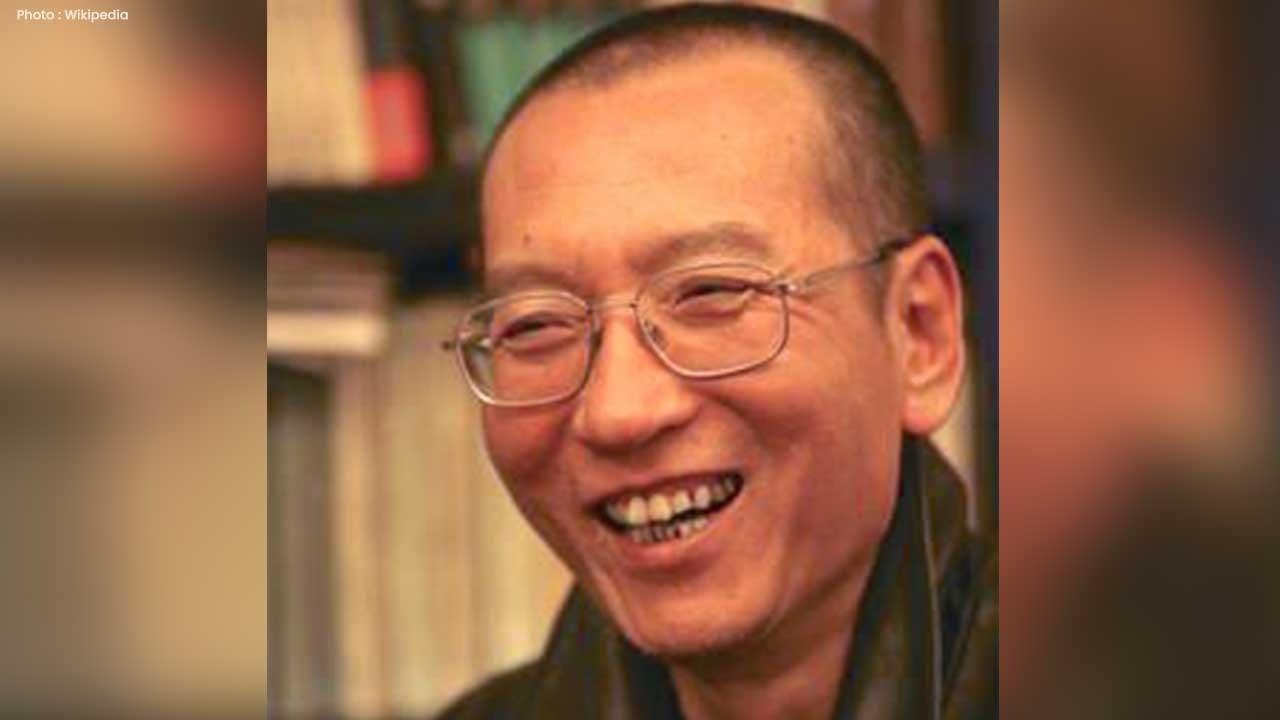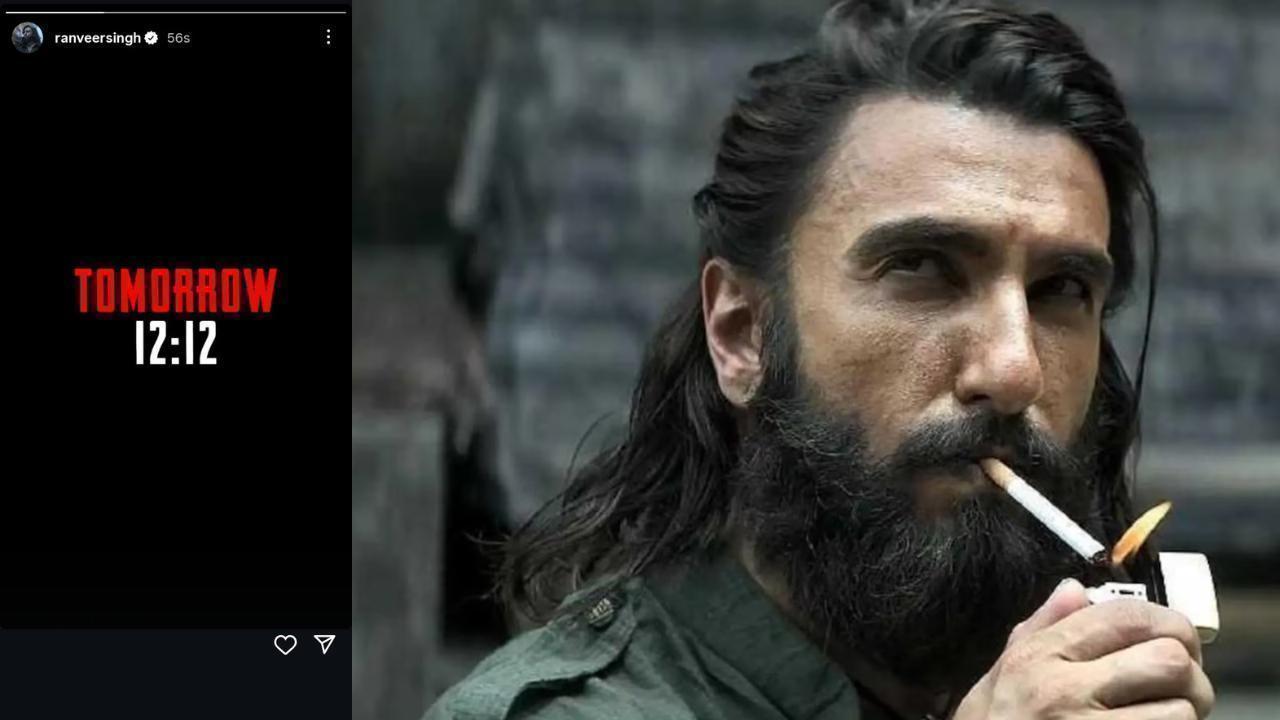You have not yet added any article to your bookmarks!

Join 10k+ people to get notified about new posts, news and tips.
Do not worry we don't spam!

Post by : Rameen Ariff
In a remarkable act of principle, Vietnamese diplomat Le Duc Tho turned down the Nobel Peace Prize in 1973, captivating global attention. The prize was awarded jointly to Tho and US Secretary of State Henry Kissinger for their roles in negotiating a ceasefire in Vietnam, linked to the Paris Agreement. However, Tho contended that true peace was elusive in South Vietnam, as critical components of the agreement were not upheld.
His refusal was rooted in a strong belief that peace must be authentic and enforceable. In a letter to the Nobel Committee, Tho emphasized he could only accept the award once the terms of the Paris Agreement were fully realized, arms had ceased, and real peace had been achieved. This moment underscored his stance that the recognition of peace should follow the establishment of real, substantive peace on the ground—not merely a diplomatic facade.
Le Duc Tho criticized the ongoing military actions by the United States and the Saigon government, stating, “For the past 18 years, the United States has waged a war of aggression against Vietnam. The Vietnamese people have courageously fought for their right to sovereignty and freedom against this aggression.” He highlighted the support of progressive people worldwide for Vietnam’s struggle, framing his refusal in a broader moral and ethical context.
Moreover, Tho expressed disapproval of Kissinger’s tactics, asserting that realpolitik does not align with democratic values. He believed that achieving peace must prioritize human welfare over political objectives or public perception. Peace, in his view, should serve those directly impacted by conflict, not merely fulfill strategic interests.
In subsequent years, Tho maintained that the Nobel Committee had made an error in jointly awarding the prize. He argued that it should have been awarded to those who genuinely fought for peace in Vietnam rather than negotiators whose actions violated the terms of the ceasefire. Tho indicated he would consider accepting the prize only if granted solely to him, reinforcing the importance of appropriate recognition.
Le Duc Tho’s significant decision remains a pivotal moment in the narrative of the Nobel Peace Prize. His stance brought attention to the challenges of recognizing peace efforts amid ongoing conflicts and emphasized that true peace requires actionable commitments, honoring those who have meaningfully fought for it.










BCCI Central Contracts Shake-Up: Kohli, Rohit Moved to Grade B as Board Reshapes 2025–26 List
Virat Kohli and Rohit Sharma have been placed in Grade B in the BCCI’s 2025–26 central contract list

Dalal Street Spotlight: Top 10 Stocks Investors Are Watching as Markets Open on a High
Indian stock markets begin the week with strong momentum, and several blue-chip and mid-cap stocks a

Market Movers Today: Key Stocks Set To Watch In Indian Markets
Indian equity markets are poised for active trading as several major companies, including Bharti Air

Milan Welcomes the World: Inside the Grand Opening Ceremony of the 2026 Winter Olympics
The 2026 Winter Olympics opening ceremony in Milan marked a defining moment for global sport, blendi

Unfolding Market Drama: Sensex & Nifty Trade Volatility Amid Budget Fallout and India-US Trade Breakthrough
Indian equity markets exhibited high volatility this week as the 2026 Union Budget triggered sharp s

Dhurandhar 2 Teaser Countdown Ignites Fan Frenzy: All You Need to Know
The highly anticipated sequel to the blockbuster Dhurandhar is building intense excitement as the Dh